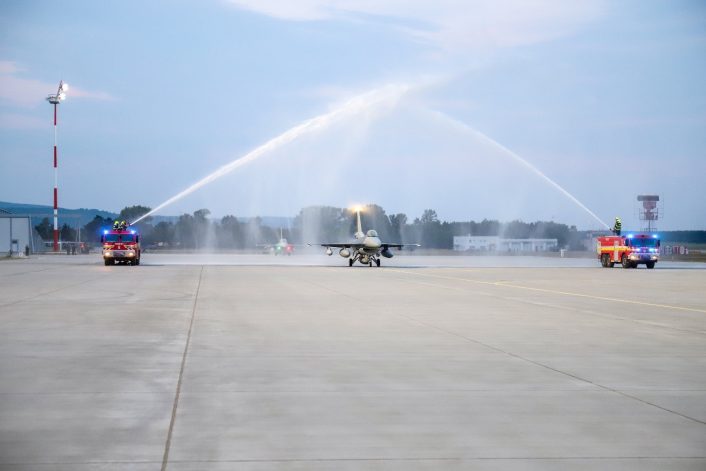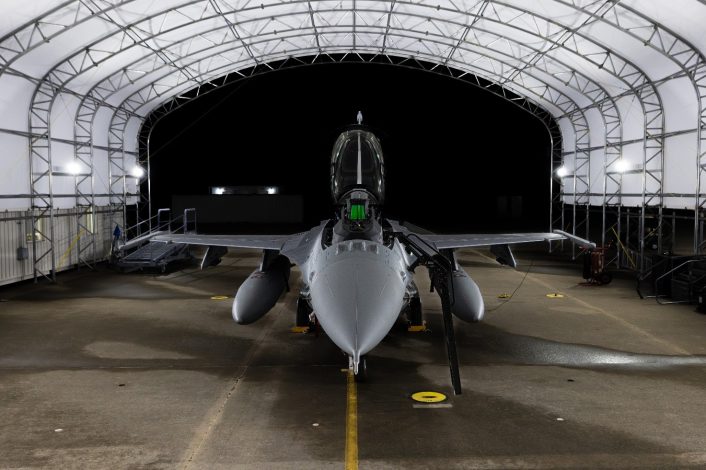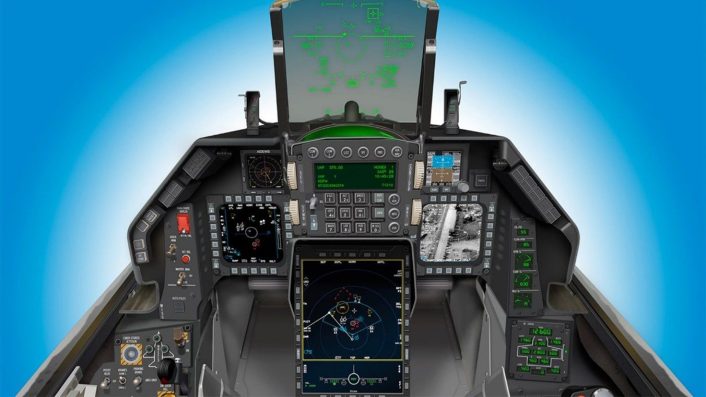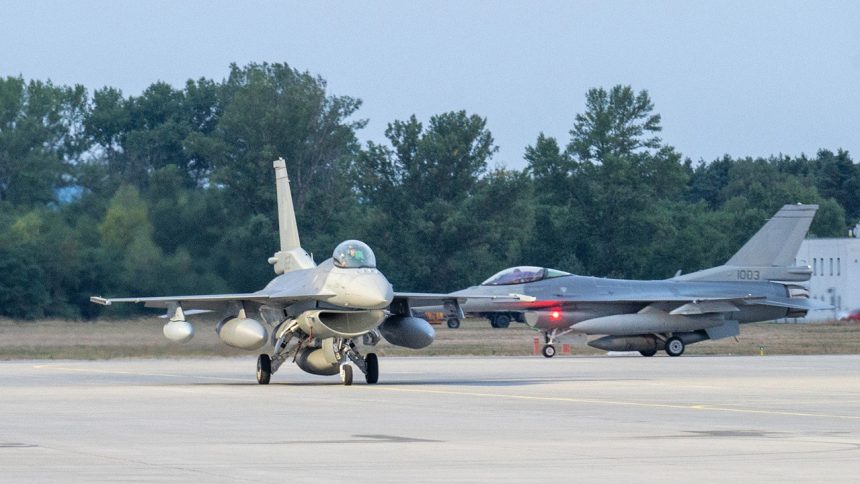The first two Lockheed Martin F-16 Block 70 jets, initially stationed at Morris Air National Guard Base, Tucson, to support pilot training, have now been transferred to Slovakia.
The arrival of the first two F-16 Block 70 jets at Malaki Air Base on Jul. 22, 2024, marks the beginning of Lockheed Martin’s delivery of a total of 14 brand new aircraft to Slovakia as well as a notable advancement in the Slovak Republic’s air defense capabilities.

Renowned for their cutting-edge avionics, enhanced weapon systems, and superior performance, these jets will significantly boost Slovakia’s air defense capabilities. Slovakia’s transition from operating MiG-29s, which were grounded in 2022 and transferred to Ukraine in 2023, to the F-16s, an upgrade that not only secures Slovak airspace but also bolsters European security, reflecting the region’s reinforced defense posture amidst evolving geopolitical challenges.
Block 70
Today’s Block 70 version is among the most advanced 4th generation fighters globally, thanks to its radar and advance systems, including communication and tactical data link.
The APG-83 Scalable Agile Beam Radar (SABR), developed by Northrop Grumman, is an AESA (Active Electronically Scanned Array) 5th Generation radar that significantly enhances the aircraft’s lethality in modern combat theaters. Sharing commonalities with the AESA radars used in the F-22 and F-35, the APG-83 provides enhanced situational awareness, flexibility, and rapid all-weather targeting, surpassing the capabilities of older mechanically scanned radars.
It features advanced Synthetic Aperture Radar (SAR) capabilities, enabling long-range ground target acquisition and identification for precise, autonomous targeting in any environment. It generates high-quality coordinates and supports interleaved operations between air-to-air and air-to-ground modes, significantly enhancing the F-16’s operational potential and survivability.
The radar excels in fast target detection and tracking, with improved performance against small targets. The Multi-Target Tracking (MTT), allows the aircraft to engage multiple targets simultaneously.

Additionally, the APG-83 is integrated with the “Viper Shield” internal electronic warfare system, which includes an advanced Digital Radar Warning Receiver (DRWR).
The APG-83 radar has a robust electronic protection, ensuring effective operation in saturated RF (Radio Frequency) environments, the Block 70 can also be equipped with an Infrared Search and Track (IRST) system that permits passive target detection, giving a tactical advantage against enemies.
Together, these advancements make the F-16 a formidable platform in contemporary aerial combat.

The Block 70 Features a new cockpit concept, with the installation of a Center Pedestal Display (CPD), that provides the pilot with critical tactical data on a high resolution 6’’x8’’ screen. The new screen allows pilots to take full advantage of the new radar and targeting pod data, including new color moving map, a larger and easier representation of the air-to-air situational displays with zoom functionality and last but not least the ability to switch information among displays. The new CPD integrates also digital flight instruments data. Thanks to the advanced GPS/INS (Global Positioning System/Inertial Navigation System), the jet ensures high-fidelity navigation data that can be used both in combat and during training operations in a civilian-shared environment.
The newest F-16 is equipped with a new digital flight controls computer with enhanced autopilot and auto throttle functionalities.
As a safety feature the aircraft is equipped with the latest AGCAS (Automatic Ground Collision Avoidance System) to save the pilot from possible collision into the ground generated by a spatial disorientation or a loss of consciousness, since its integration into the U.S. Air Force in late 2014, the Auto GCAS has been instrumental in saving 13 pilots across 12 F-16 incidents, exemplifying the aircraft’s unparalleled safety and performance standards.
The F-16 Block 70 is currently on the procurement lists of several countries, including Bahrain, Slovakia, Bulgaria, Taiwan, and Jordan, each recognizing the Block 70’s enhanced performance and technological advancements as critical to their defense needs.
Currently, Lockheed Martin has a substantial backlog of 128 F-16 Block 70/72 jets in production at Greenville, South Carolina. To date, 12 jets have been delivered to international partners, with the company recently delivering its 4,600th F-16, highlighting the aircraft’s enduring relevance over five decades.









